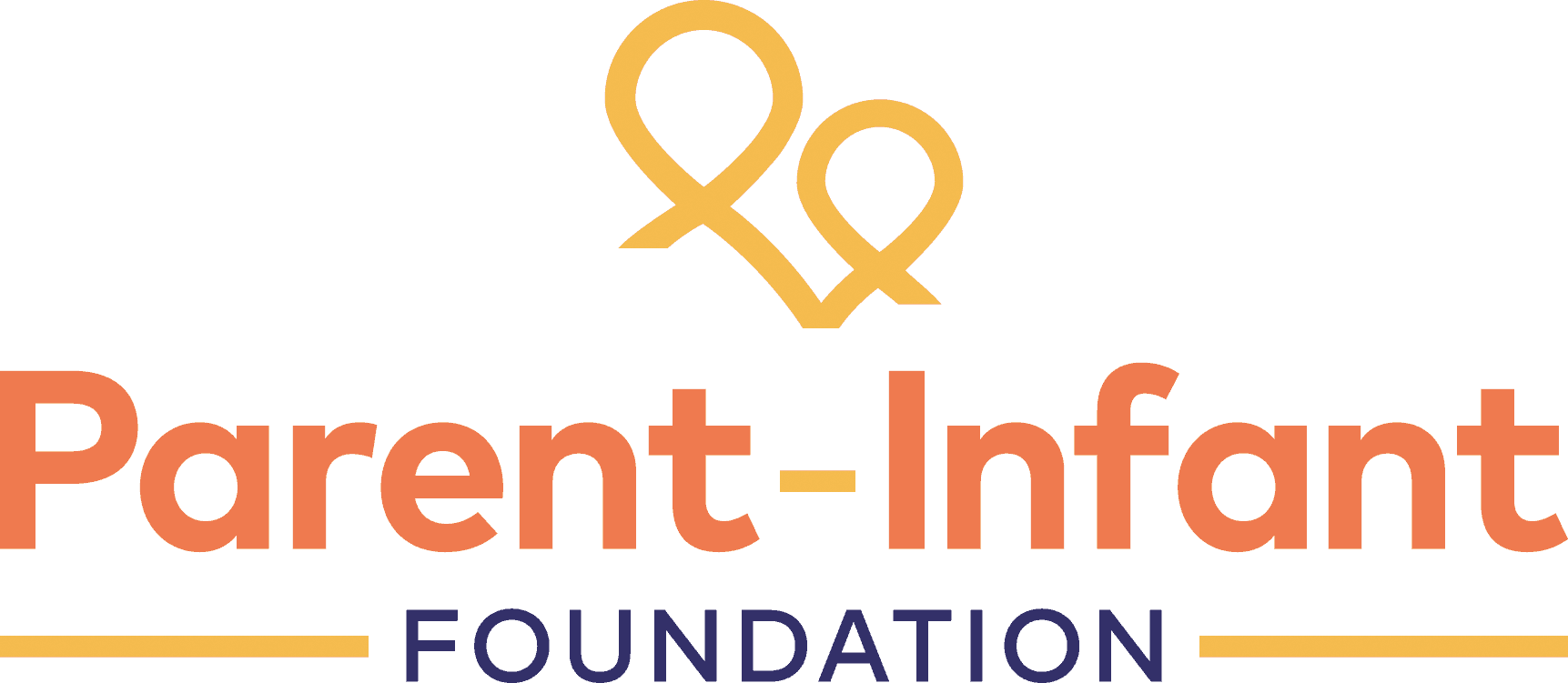The impact of parent-infant relationship teams
Introduction
This is the first dedicated report to summarise the latest research about the impact of specialised parent-infant relationship teams.
Evidence is critically important for growing the number and quality of parent-infant teams and services across the UK.
The Parent-Infant Foundation is working with stakeholders to support the development of new research to grow the quality and scale of the evidence base.
Diversity of evidence sources
This report brings together three different types of evidence to consider the impact of specialised parent-infant relationship teams in the UK:
- Large scale meta-analyses and systematic reviews of parent-infant relationship interventions typically offered in parent-infant teams.
- Practice-based evidence and local service evaluations of parent-infant teams.
- Mapping of services offered by parent-infant teams with guidance from the National Institute of Health and Care Excellence (NICE).
The Parent-Infant Foundation believes that drawing on a diverse range of knowledge and evidence can build a stronger picture of what works for whom and in what contexts, which can ultimately improve outcomes for babies.
What is a specialised parent-infant relationship team?
Specialised parent-infant relationship teams (also referred to as parent-infant teams in this report) are multi-disciplinary teams with expertise in supporting and strengthening the relationships between babies and their caregivers. Parent-infant teams generally work at two levels:
- They are expert advisors and champions for parent-infant relationships with the local workforce. They use their expertise to help the local workforce to understand and support parent-infant relationships, to identify issues where they occur and take the appropriate action. This happens through offering training, consultation and / or supervision to other professionals and advice to system leaders and commissioners.
- They offer direct parent-infant relationship support to families. This includes targeted work with babies, mothers, fathers and caregivers experiencing emerging relational difficulties, and specialist therapeutic work with families experiencing severe, complex and / or enduring difficulties in their relationship, where babies’ emotional wellbeing and development is particularly at risk.
The impact of specialised parent-infant relationship teams
The evidence suggests that parent-infant teams help babies and their caregivers across three domains. These inter-related domains are critically important for the healthy development of babies now and for future outcomes:
Conclusions and recommendations
The impact of specialised parent-infant relationship teams is evidenced by a range of national and international studies, local service evaluations and research, and national clinical guidance.
The evidence suggests that parent-infant teams help babies and their caregivers across three domains; strengthening relationships between babies and their caregivers, improving the mental health of caregivers and supporting babies’ early development and wellbeing. These inter-related domains are critically important for the healthy development of babies now and for future outcomes.
While there is now extensive recognition of the impact that parent-infant relationship problems can have on all aspects of the child’s later development, there is currently inadequate provision to meet the needs of babies and caregivers. At the time of writing this report, there were 45 parent-infant teams across the UK, as well as 14 more teams in development. Estimates suggest that more than a tenfold increase would be needed to provide access to specialist support in all parts of the UK. See our 'Policy briefing: Response to the major conditions strategy’ for more.
The evidence supports growing the number of parent-infant teams to meet the needs of babies and caregivers at a time when rates of mental health conditions in children are rising and many are falling behind in developmental and early learning goals.
‘When different forms of evidence can “speak” to each other, we can build stronger, more useful knowledge on which we can act.’
Dartington Service Design Lab (2022)
Three recommendations for future research are:
Browse the full report below, or download the PDF by clicking here.
